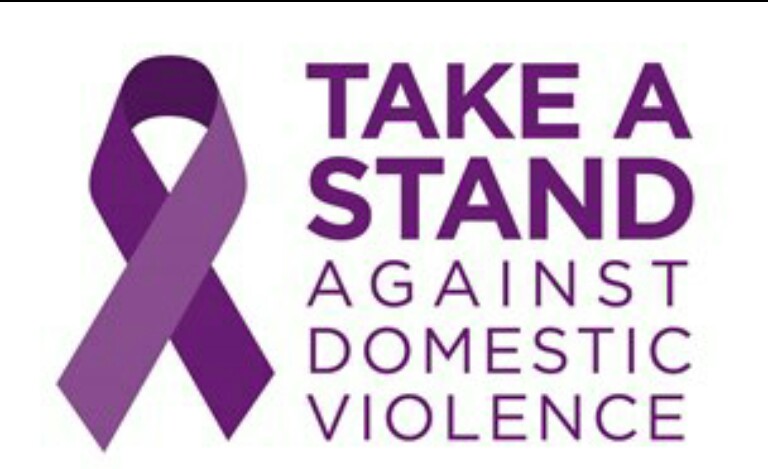The National Coalition Against Domestic Violence (NCADV) reports that every 9 seconds, somewhere in the United States, a woman is assaulted or beaten. 1 in 3 women have been victims of some form of physical violence by an intimate partner within their lifetime and approximately 15% of all violent crimes are a result of intimate partner violence.
Although many people assume that domestic abuse only consists of physical violence, domestic abuse can include verbal and nonverbal violence from sexual abuse to stalking to emotional abuse. Not only is domestic abuse detrimental to the physical and psychological well being of a victim, but the NCADV reports that victims of domestic abuse lose a total of 8.0 million days of paid work each year and the cost of such abuse exceeds $8.3 billion per year.
Differentiating Domestic Abuse
Domestic abuse can affect women of all ages (although it does affect men, women are affected significantly more). Domestic abuse can happen in any kind of domestic partnership, whether a marriage or a domestic partnership and can occur in hetero and same sex relationships. In relationships, where domestic abuse is taking place, one person is intentionally trying to control another person through verbal, nonverbal, or physical abuse. Domestic abuse is never an “accident” and it rarely just happens once. It continues for a lengthy period of time until the victim is able to seek help or in some cases, ends in a violent death.
Domestic Violence: Domestic violence is physical abuse. It can include, but is not limited to, pushing, kicking, slapping, choking, biting, restraining, breaking bones, assault with weapons, burning, and murder. The visual signs of domestic violence may be more obvious than other forms of abuse (such as bruises or bite marks), but victims (and their abuser) may hide the physical evidence.
Sexual Abuse: Sexual abuse is also a form of physical abuse and may include assault, harassment, and exploitation by an intimate partner. Such examples include unwanted sexual activity, trying to limit one’s sexuality or reproductive choices, or forcing someone to participate in pornography. Sexual abuse may be taken “less seriously” when it occurs in an intimate relationship, however, when anyone is forced to do something against her will, it’s a form of abuse.
Verbal or Nonverbal Abuse: Verbal and nonverbal abuse is just as damaging as physical abuse and includes psychological abuse, emotional abuse, and mental abuse. Victims of verbal or nonverbal abuse may be subject to name calling, criticism, threats against themselves, children, family, or pets, made to feel guilty, and feel like there’s no way out of the relationship.
Other Types of Domestic Abuse: Other forms of domestic abuse may also include stalking, economic or financial abuse, and spiritual abuse. As with all forms of abuse, the abuser is trying to take control of the victim and making him or her feel powerless.
Seeking Help
Victims of domestic abuse often struggle to break free from the abusive relationship for many reasons including fear, guilt, and simply believing that they are not worthy of living a better and safer life. Often times, many women make excuses as soon as the abuse starts. Even one or two slaps or a small handful of verbal altercations can spiral into a lifetime of abuse. Many victims make up excuses, such as “It only happened a few times” or “I know he really didn’t mean it”.
When a victim of domestic abuse wants to get help or is questioned by a friend, family, or even doctor, she may deny any speculations of abuse and fail to find the right words to describe her potentially life-threatening situation. If you or someone you know is a victim of domestic abuse, seek medical attention (whether you need it or not). Even if your abuser insists on accompanying you to the doctor’s office, medical professionals are trained to see and listen for signs. If they suspect that you are a victim of violence, they will ask you and are trained to protect you. Even if you say “no” out of fear, they know how to “read between the lines” and will help you by connecting you to helpful resources or even the authorities.
